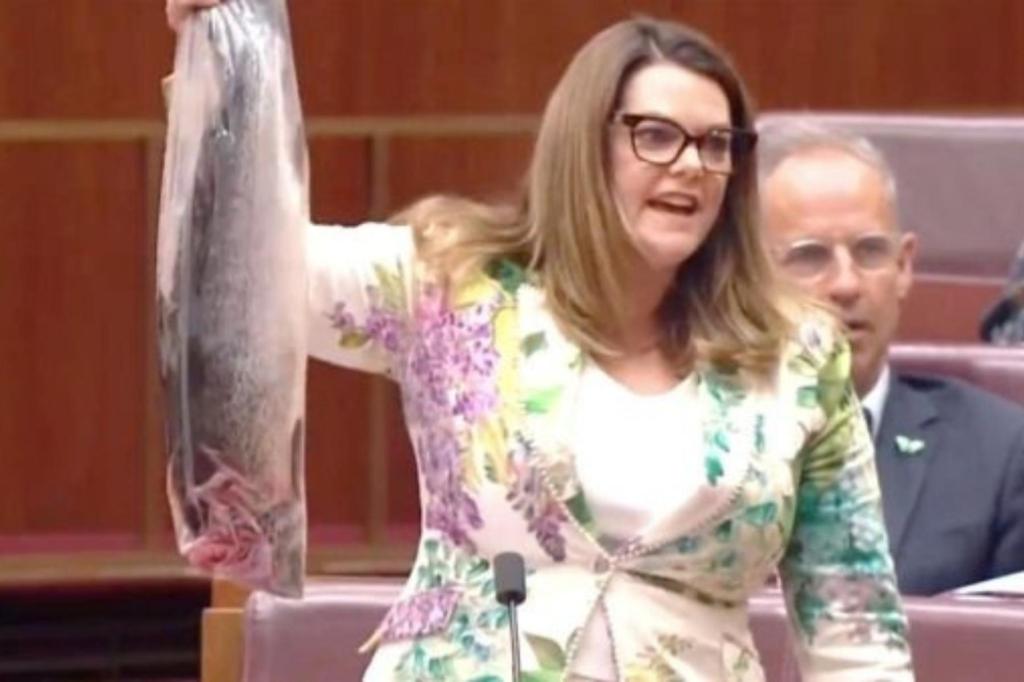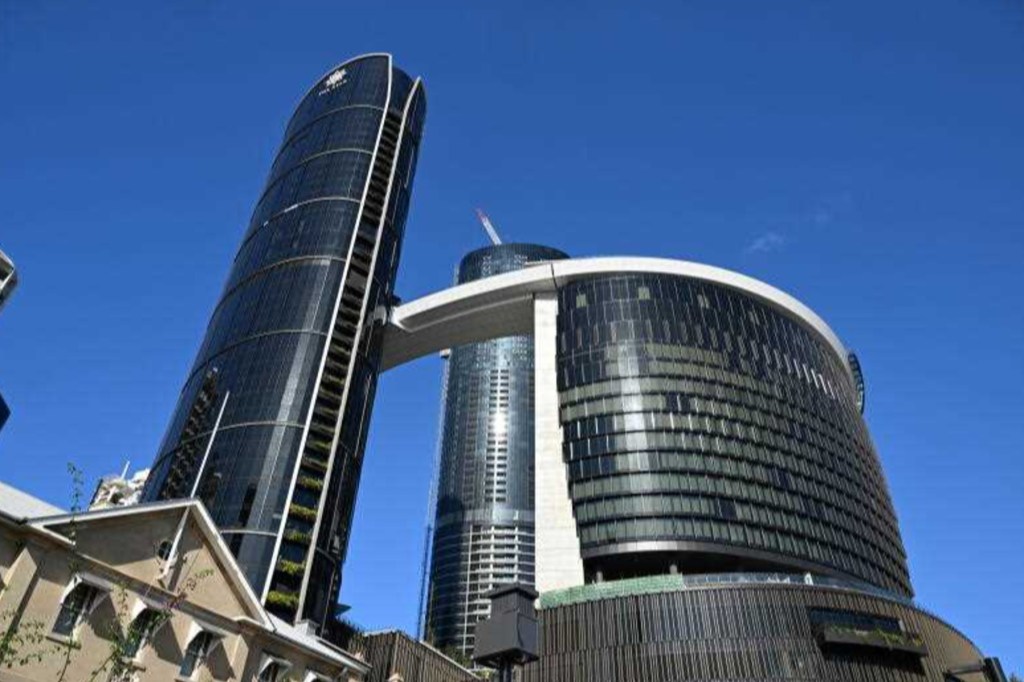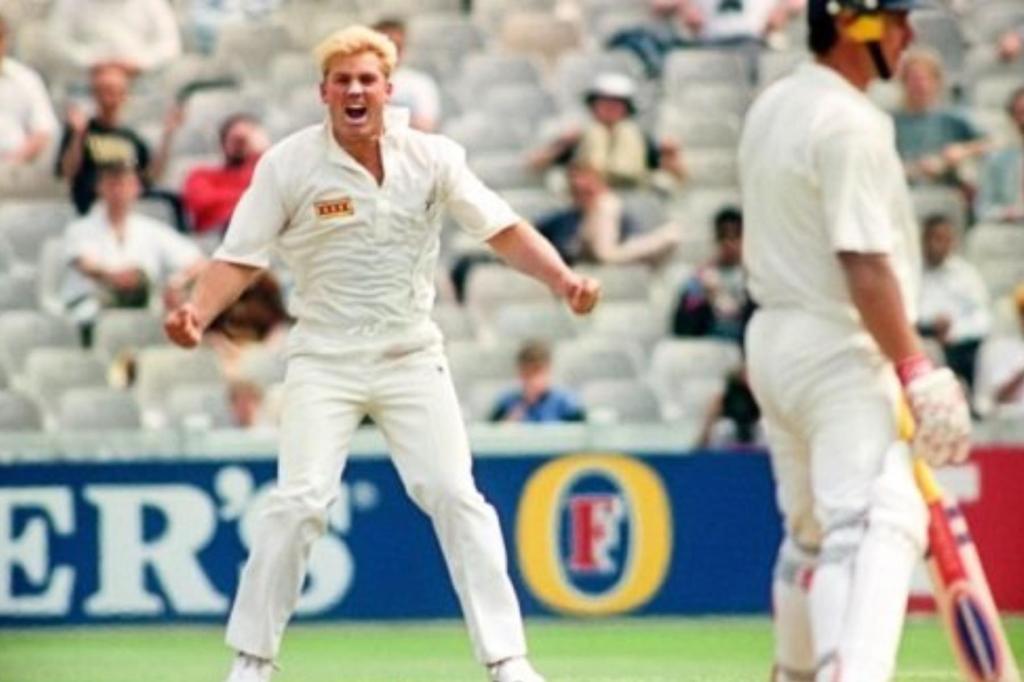Deaths of actor, wife and dog ‘suspicious’
Police open “thorough investigation” following the discovery of bodies of Oscar-winning actor Gene Hackman, wife and dog.
Oscar-winning actor Gene Hackman, 95 and wife Betsy Arakawa, 63 were found dead in different rooms of their home in New Mexico earlier this week.
Hackman was reportedly found in a mudroom fully clothed. Authorities suspected he may have suddenly fallen, because his sunglasses were next to his body, TMZ reported.
Arakawa was found in a bathroom next to a space heater, with pills scattered next to her. Police believed she may have knocked over the heater as she abruptly fell to the ground.
A search warrant reportedly states the front door of the couple’s house was found unsecured and opened, and their deaths are suspicious enough to require a thorough search and investigation.
The affidavit reportedly went on to say deputies saw healthy dogs on the property. However, there was a dead dog near Arakawa.
The affadavit said there were no signs of a gas leak.
Santa Fe County Sheriff’s Office said deputies responded to a request to do a welfare check at the home on Wednesday afternoon. They discovered the bodies of the couple and their dog.
The police said it was an active investigation but they did not believe there was any foul play.
News of Hackman’s death comes just four days before this year’s Academy Awards ceremony.
You might like
Hackman and Arakawa had been married since 1991, sharing their home in a gated community just outside the state capital of New Mexico.

Gene Hackman and Betsy Arakawa at the Golden Globe Awards in 2003. Image: Via The New Daily
Hackman moved to the area in the 1980s. He was seen around town regularly and was a board member of the Georgia O’Keeffe Museum in the 1990s, according to the local paper, The New Mexican.
He retired from acting about 20 years ago. Aside from appearances at awards shows, Hackman was rarely seen in the Hollywood social circuit.
His was the rare Hollywood retirement that actually lasted.
In his later years, he wrote novels from his hilltop ranch that provided a view of the Rocky Mountains.
One of the personal highlights of my career was bringing the French Film Gardé a Vue (Under Suspicion) to life with the incredibly gifted Gene Hackman. And of course... Unforgiven. Rest in peace, my friend. pic.twitter.com/Rw6DTwScZn
— Morgan Freeman (@morgan_freeman) February 27, 2025
Spellbinding as tough guys and fools
Hackman got his big break in 1967 true crime film Bonnie And Clyde as Barrow Gang member Buck Barrow, opposite Warren Beatty and Faye Dunaway as the outlaw lovers.
The movie earned him his first Oscar nod for a supporting role, and lead him on to parts in neo-noir The Split, and the western The Hunting Party alongside British stars Oliver Reed and Ronald Howard.
Hackman quickly followed up with another Academy Award nod for 1970 drama I Never Sang For My Father, where he played middle-aged college professor opposite US actor Melvyn Douglas.
Stay informed, daily
That same decade, he was back at the Academy Awards. He got a nod for best actor in the role that would define him – Jimmy “Popeye” Doyle, a brutal police detective whose car chase scene in 1971’s The French Connection inspired many other movies.
The Oscar-winning action thriller, in which Hackman and Roy Scheider play New York City Police Department detectives, was inspired by true events surrounding drug crime and the mob world.
When he picked up the Academy Award, Hackman thanked his acting teacher George Morrison and The French Connection director William Friedkin, who he said talked him out of quitting.
Hackman followed up with the 1975 sequel French Connection II, in which Doyle went to France to track down a drug dealer.
In the 1970s, he won acclaim as a surveillance expert in Francis Ford Coppola’s Watergate-era release The Conversation, had a leading role in The Poseidon Adventure as the brave Reverend Frank Scott, and a memorable cameo as the blind man in Mel Brooks’ horror spoof Young Frankenstein.
He also appeared in crime thriller Prime Cut and Richard Attenborough’s World War II epic A Bridge Too Far.
For many audiences, Hackman will be remembered as the zany criminal mastermind and businessman Lex Luthor in Superman: The Movie (1978), and Superman II (1980), opposite Christopher Reeve as Clark Kent.
Another leading Oscar nod came for 1988’s Mississippi Burning for his turn as an FBI agent unafraid to use every means at his disposal to investigate the murders of three civil rights activists in the 1960s.
In the 1980s, he played a college basketball coach finding redemption in the sentimental favourite Hoosiers.
His final Oscar win came as best supporting actor for Clint Eastwood’s Unforgiven, in which he played the mean-spirited lawman Sheriff “Little” Bill Daggett.
Again, he kept it simple in his speech at the 1993 Oscars, thanking castmates Richard Harris, Morgan Freeman, Frances Fisher, and “especially” Eastwood, who starred as well as directing.
“I’d like to dedicate my part of this evening to my uncle Orin Hackman,” he said.
“He was a wonderful guy. Thank you very much.”
Later roles included the 1981 French psychological thriller Garde A Vue, 1995 military thriller Crimson Tide, the 1996 Robin Williams comedy The Birdcage, 2000 mystery Under Suspicion, and the John Cusack-starring courtroom drama Runaway Jury (2003).
In Wes Anderson’s 2001 film The Royal Tenenbaums, Hackman played self-absorbed patriarch Royal Tenenbaum opposite Luke Wilson, Ben Stiller, and Gwyneth Paltrow as his children. He was lauded for his comic performance, winning a Golden Globe for best actor in a musical or comedy.
His final film role was in the 2004 political satire Welcome To Mooseport, which followed him being honoured with the Globes’ Cecil B DeMille Award in 2003 for his “outstanding contributions to the world of entertainment”.
In 2008, he told Reuters he missed the “the actual acting part of it” before adding: “But the business for me is very stressful.
“The compromises that you have to make in films are just part of the beast, and it had gotten to a point where I just didn’t feel like I wanted to do it any more,” he said.
Hackman had three children with his first wife, Faye Maltese.




